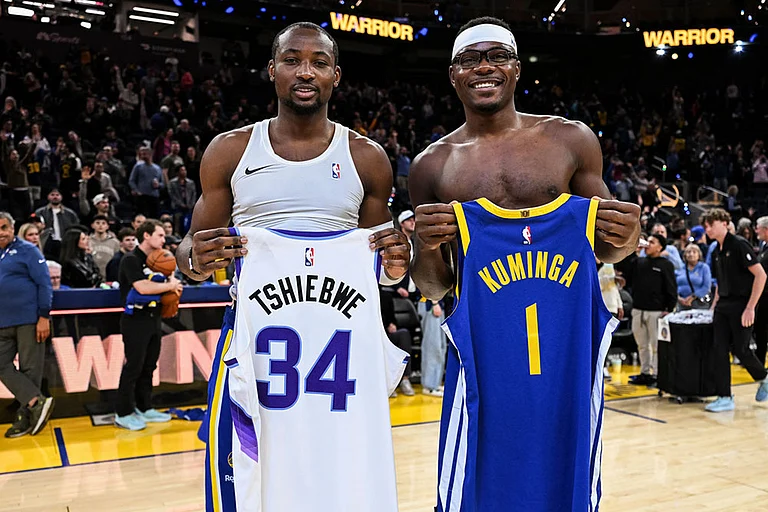San Francisco opened a new city market on Sunday where residents who qualify can receive their groceries for free. This program, called the Food Empowerment Market, costs city taxpayers $5.5 million. It is designed to help food stamp holders who may run out of resources toward the end of each month, reported Fox News.
Geoffrea Morris, who helped pass the legislation for this market in 2021, emphasized that the market is meant to be a supplemental source of food. "Food stamps should be the primary source. This is a supplemental source, especially close to the end of the month when families are facing the pain, especially with inflation," Morris told local media.
Morris also noted the importance of the market in addressing food insecurity. "If you’re having food insecurity, you’re having other issues as well and you need to be engaged with the services the city has put in place to improve your life and the life of your children," he said.
The market looks like a typical grocery store in the United States. Shoppers use carts to pick out the goods they need, which are then weighed and scanned at checkout to keep track of inventory.
San Francisco, like many cities in California, is dealing with a significant homelessness problem. This new food program comes just weeks after a different city program sparked outrage. This other program provided free beer and vodka to homeless alcoholics.
The "Managed Alcohol Program" (MAP), run by San Francisco's Department of Public Health, gives controlled doses of alcohol to homeless people with alcohol addiction. The goal is to keep them off the streets and reduce the burden on emergency services. Experts believe the program can save or extend lives, but critics argue that the government should focus on treatment and sobriety programs instead.
"It's really conflicting to give alcohol to alcoholics because it's a disease. It's a condition that is basically an obsession of the mind that turns into an allergy of the body. And it's a disease that they can't help," another San Francisco resident told Carter. "You're enabling, and the possibility is for them to die, end up in an institution or death."
These two programs highlight the city's ongoing efforts and challenges in addressing both food insecurity and homelessness.



























